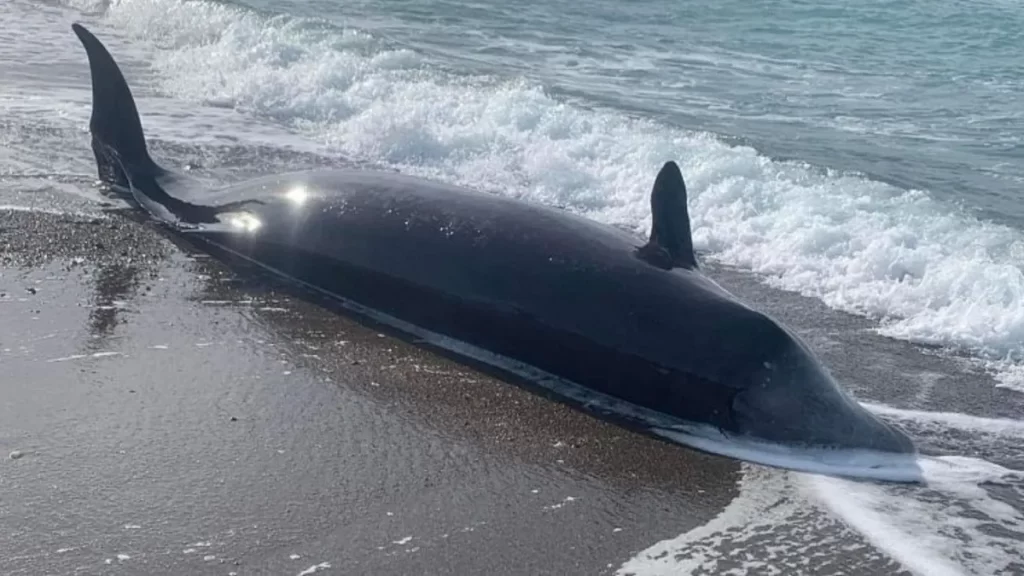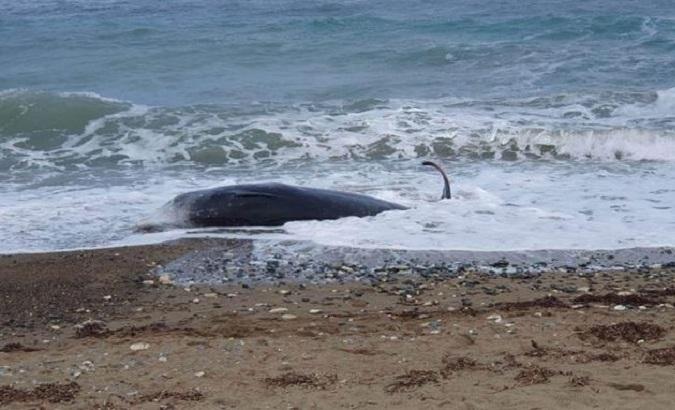The Mediterranean Sea is home to a wide variety of marine life, including the Cuvier’s beaked whale, a deep-diving species that is known for its elusive nature. However, recent events have raised concerns about the welfare of these animals in the wake of a powerful earthquake that struck Turkey and Syria in 2023.
According to reports, the earthquake may have caused significant damage to the undersea environment in the region, leading to changes in water currents, temperature, and pressure. These changes can have a devastating impact on marine life, disrupting feeding patterns and migration routes and potentially causing mass strandings and mortality events.

As of last week, there have been reports of multiple Cuvier’s beaked whale strandings in the waters around Cyprus, which is located in the eastern Mediterranean. While the exact cause of these strandings is not yet known, there is growing speculation that the earthquake may have played a role.
Six more whales were discovered dead between Pachyammos and Polis on Friday. According to researchers, whales communicate and evaluate their environment mostly through underwater sound.
“These animals have an echolocation system which is affected by sea noise,” Yiannis loannou of the Fisheries and Marine Research Department told Sigma TV in Cyprus. “It could be military exercises, seismic drills, or naturally the earthquake in the region.”
Cuvier’s beaked whales are particularly vulnerable to environmental changes and disturbances, as they rely on sound for communication, navigation, and finding prey. Any disruption to the underwater acoustic environment can have serious consequences for these animals, leading to disorientation, stress, and even death.

Furthermore, the Mediterranean Sea is a highly trafficked region, with shipping lanes, oil and gas platforms, and military activities all posing additional threats to marine life. The combination of these factors makes it difficult to determine the exact cause of the recent strandings, but it is clear that urgent action is needed to protect these animals and their habitats.
Efforts are currently underway to monitor the situation and gather more information about the possible causes of the recent strandings. However, in the meantime, it is crucial that we continue to raise awareness about the vulnerability of marine life and the need for greater conservation and protection measures in the Mediterranean Sea and beyond. Only through a coordinated and sustained effort can we hope to ensure the survival of species like the Cuvier’s beaked whale and safeguard the health and biodiversity of our oceans.


